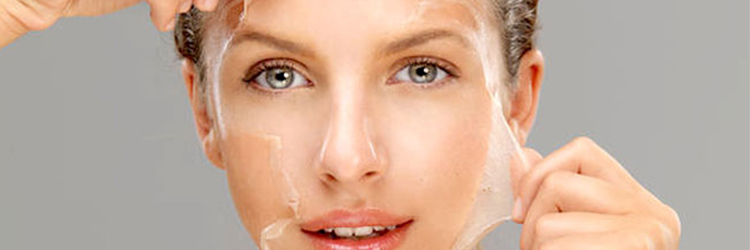Are you considering a cosmetic procedure to get youthful skin? With a little research, you must have already come across microdermabrasion and chemical peels. Both procedures leave your skin feeling smoother, can reduce the appearance of scars, and can even out your skin tone.
Let’s take a quick look at the differences between both the procedures:
| Microdermabrasion | Chemical Peel | ||
| The basics | Microdermabrasion works best for the top most layers of your skin and repairs fine lines and wrinkles. Microdermabrasion can treat age spots, dull complexion and uneven skin tone. | Chemical peels are best suited for deeper wrinkles and acne scars. Chemical peel is also effective in treating age spots, dull complexion and uneven skin tone. | |
| How it works |
|
Depending on the type of chemical peel you opt for, the procedure can improve the appearance of your skin from slightly to significantly. Certain chemical peels can penetrate the skin deep enough to remove age lines and wrinkles effectively. It is also used to remove pre-cancerous growths. | |
| Distinct differences | Microdermabrasion is accompanied by a mild tingling and warm sensation during the procedure. Recovery usually takes a few hours but may take a few days depending on your skin sensitivity. Side effects of microdermabrasion are mild redness and stinging. | Chemical peels are available in different strengths: mild, medium and deep. Recovery from the procedure depends on which type you choose. Side effects include mild burning, swelling and changes to the color of the skin. | |
| Number of sessions | Dermabrasion can be done over multiple sessions depending on skin sensitivity, extent of skin damage and areas to be treated. Sometimes, multiple sessions are required for effective treatment. | Chemical peels are also sometimes over multiple sessions depending on skin sensitivity, depth of scars or wrinkles and the areas to be treated. Multiple sessions of chemical peels are recommended for long-lasting effects. |
Before arriving at a conclusion, it is important to consult a dermatologist and find out what procedure suits your skin the best. Though over-the-counter products are available for both, they are best carried out by your doctor.














